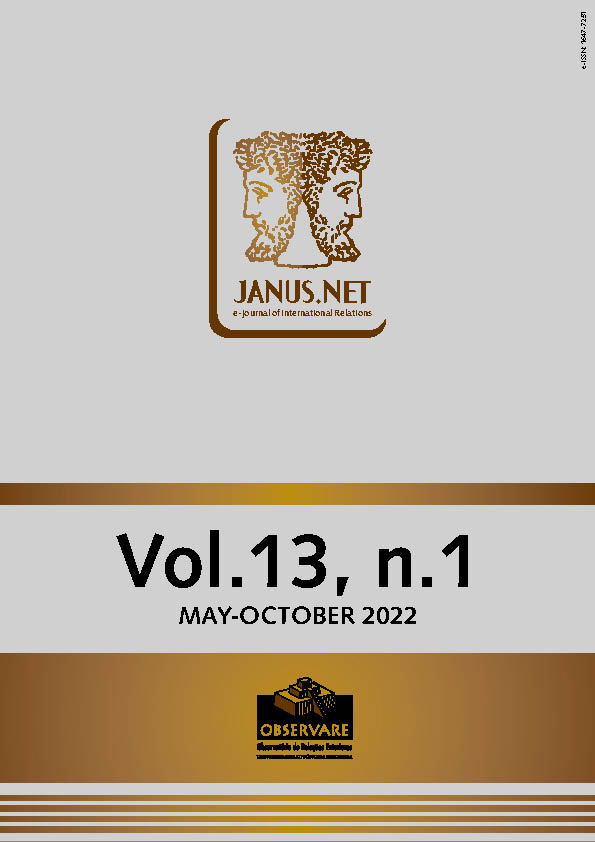Upon reaching 100 years of activity, the Communist Party of China (CPC) highlights and projects a unique model of political and social development. Taking as methodological inspiration the proposal of Samuel P. Huntington for the study of the political phenomenon, regarding the adaptability of the seat of power, this work focus on some of the variables that justify the perpetuity of the CPC. Culture and ideology drive an unparalleled evolutionary process in conventional systemic frameworks, legitimized by an outfit with intrinsic Chinese characteristics. China’s apparent exceptionalism, based on a strong nationalist vision, is conveyed through a transformational “new era.” Western academic currents denote difficulty in framing this phenomenon with global implications.
PhD in International Relations, integrated researcher at Instituto do Oriente (ISCSP/University of Lisbon, Portugal), and author of the following books on China's geopolitics: China: Cooperação e Conflito na Questão de Taiwan (2010), A Hora do Dragão – Política Externa da China (2012), China na Grande Guerra – A Conquista da Nova Identidade Internacional (2014) e China`s Techno-Nationalism in the Global Era – Strategic Implications for Europe (2016). He has published several articles in national and foreign journals on Asia-Pacific geopolitics.
Resumo
Palavras-chave
Como citar este artigo
Cunha, Luís (2022). The Resilience of the Communist Party of China. In Janus.net, e-journal of international relations. Vol13, Nº. 1, May-October 2022. Consulted [online] on the date of the last visit, https://doi.org/10.26619/1647-7251.13.1.3
Article received on 10 May, 2021 and accepted for publication on 9 September, 2021















